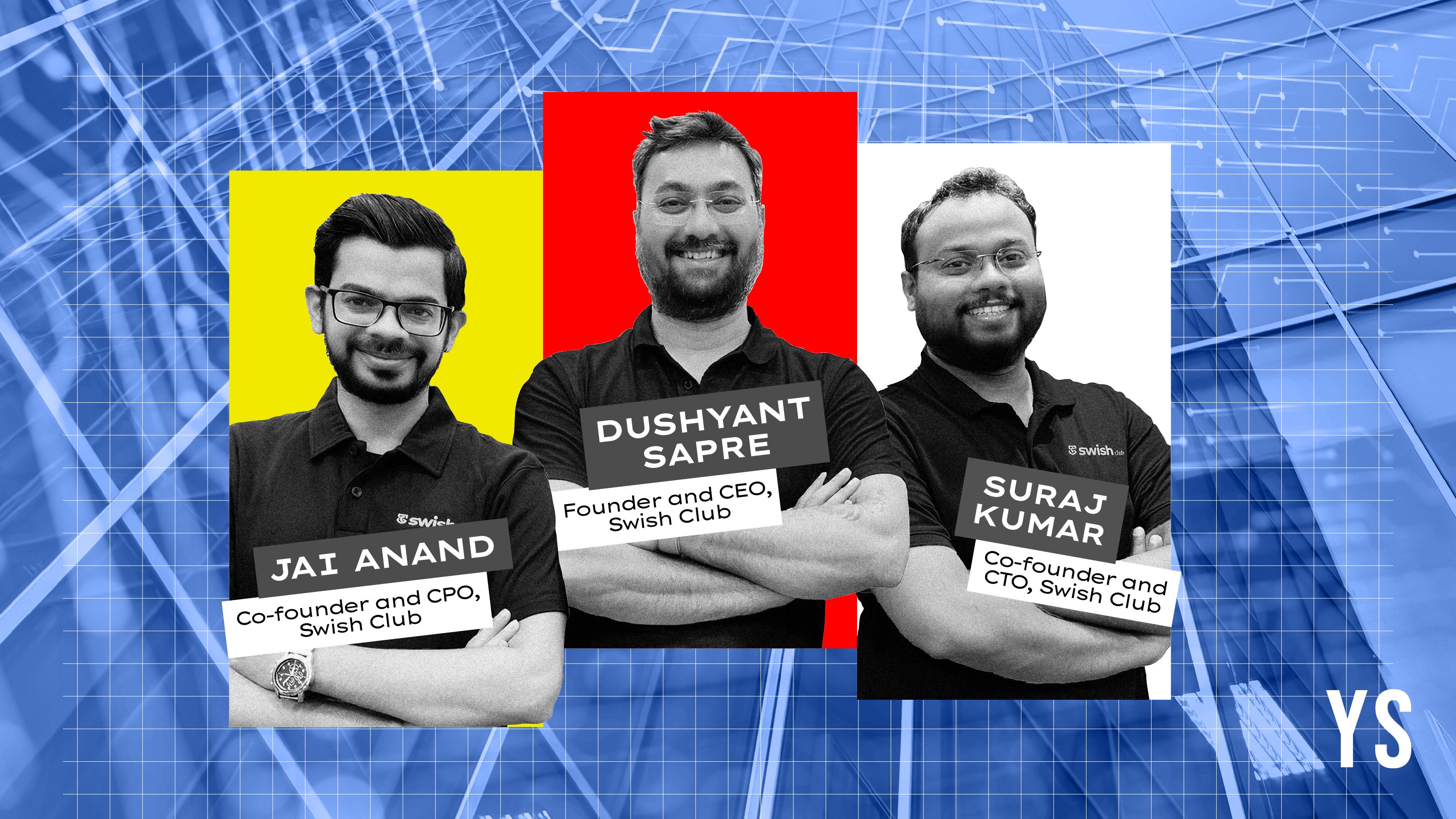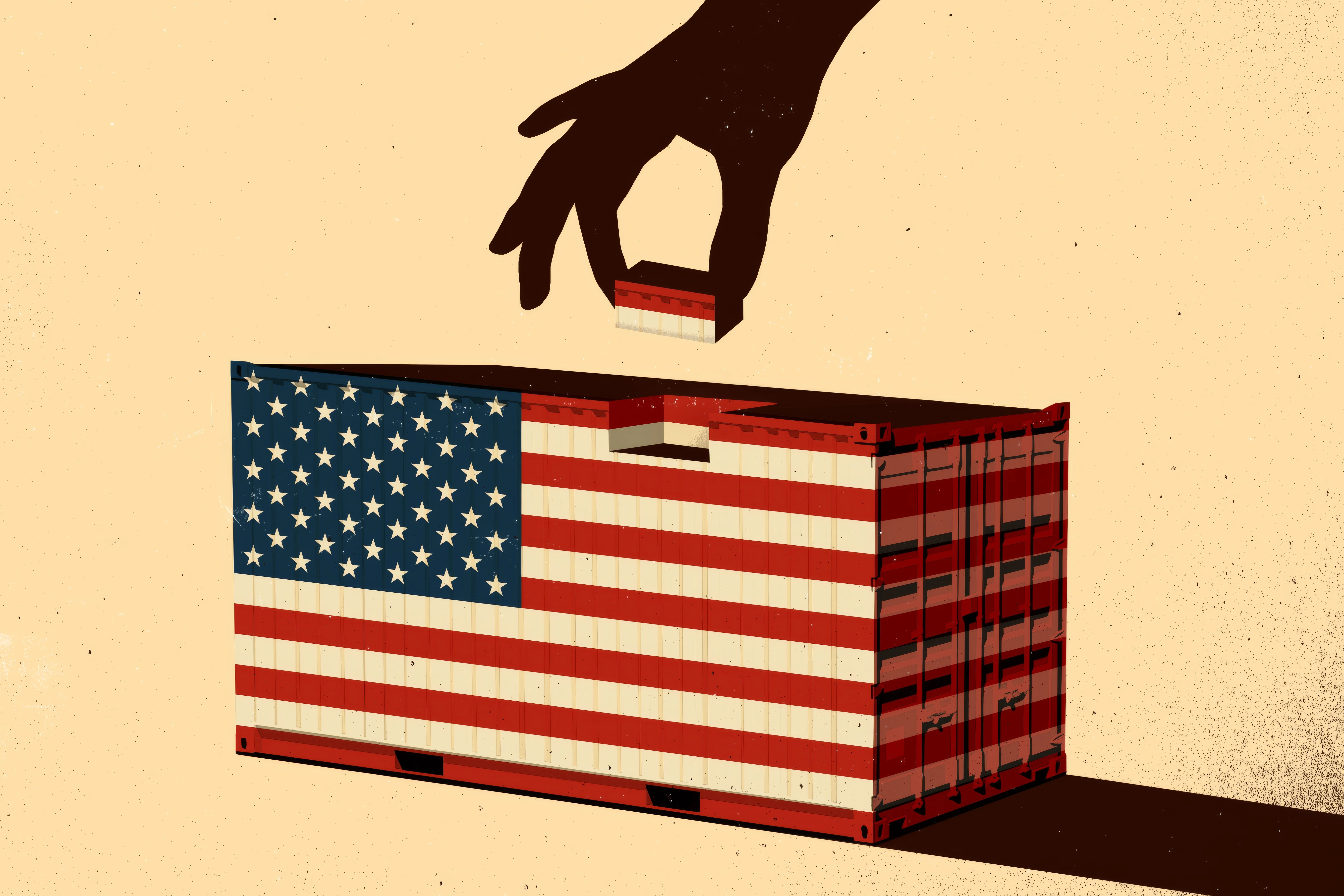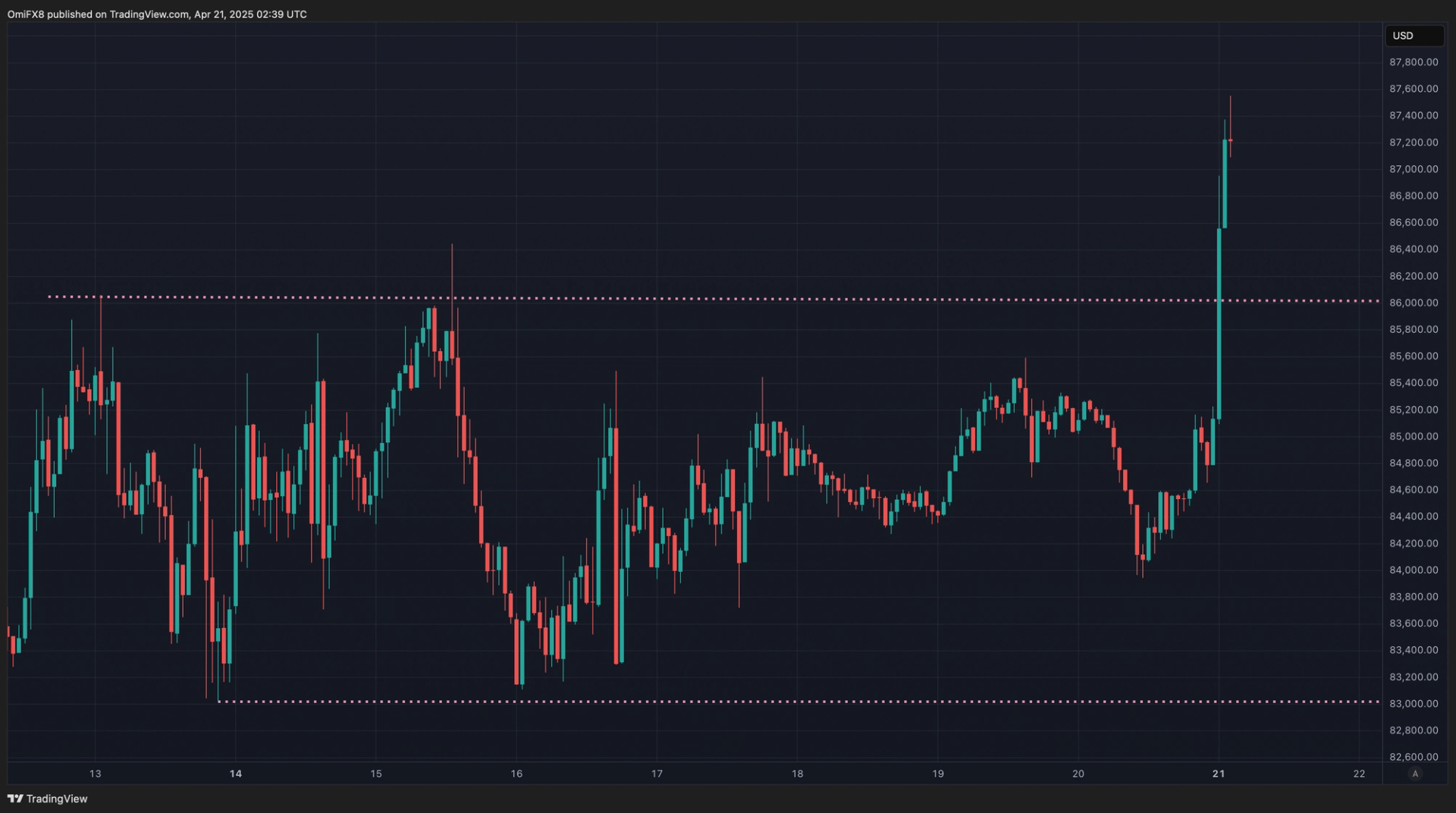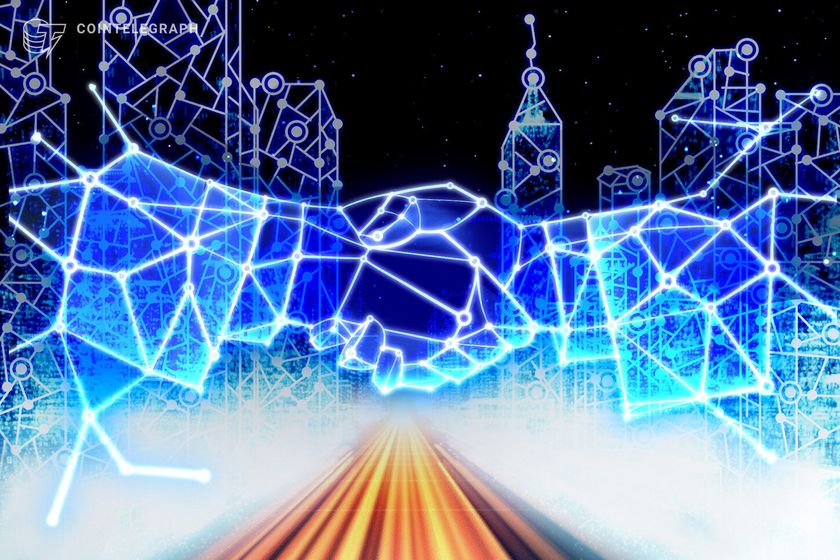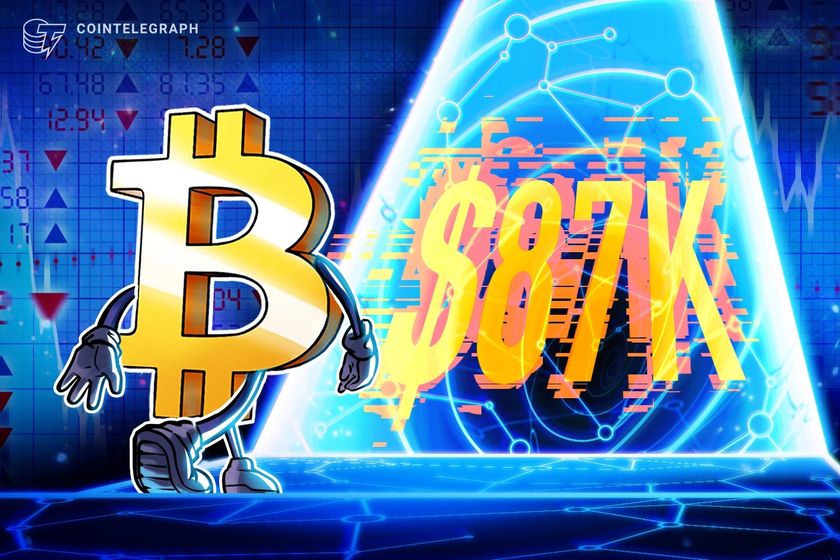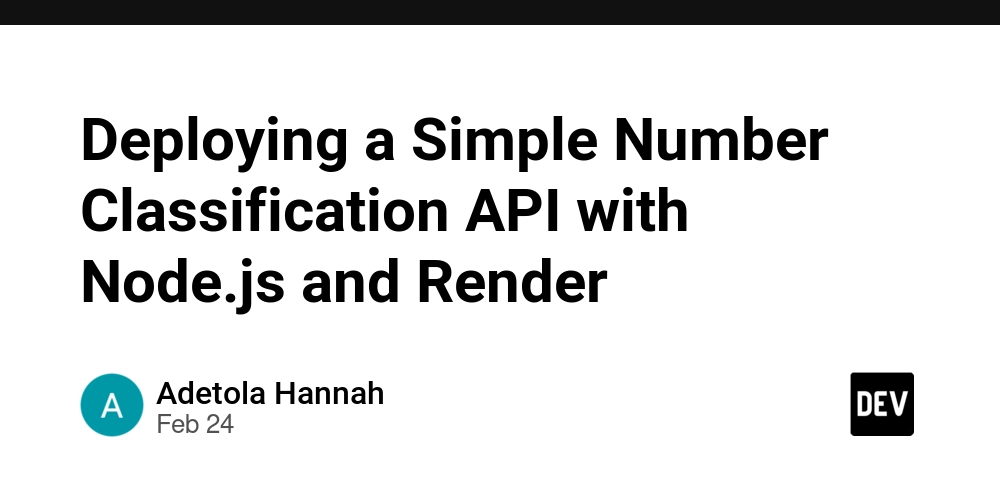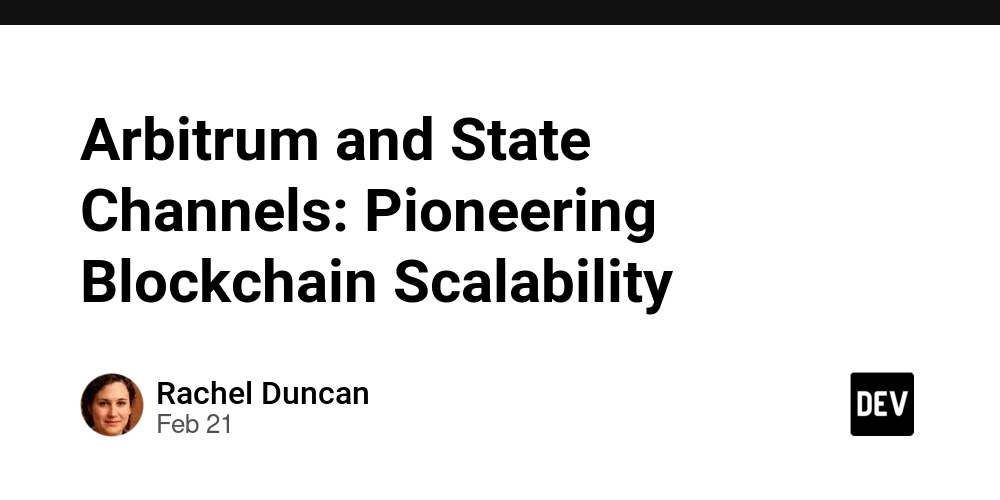Rebalancing the Open Source Economy
The Quiet Conquest of Open Source In the early days, open-source software occupied a modest corner of the digital world, cherished by developers who prized collaboration over competitive secrecy. Fast-forward to today, and you'll find open source forming the backbone of nearly every digital product and service we rely upon daily. From streaming services to finance apps, open source has quietly conquered the tech landscape—but as its influence grows, so too do questions around fairness, sustainability, and the uneven power dynamics beneath its surface. The original promise of open source was beautifully simple: share freely, innovate transparently, build collectively. This ethos fueled an unprecedented wave of creativity, dramatically cutting costs and accelerating time-to-market for industries around the globe. However, buried within this ideal lies a stark imbalance. While companies reaped substantial profits, often due to permissive licenses like MIT and Apache, those creating and maintaining foundational open-source software have often remained overlooked and unrewarded. It's time we unpack this imbalance, understand who wields power, and seek paths toward equitable solutions. Maintainers in the Spotlight To understand the tension within open source, we must first appreciate its unsung heroes—the maintainers. Often dedicating evenings and weekends, these passionate volunteers work tirelessly to build and safeguard the software that our modern world depends on. From debugging crucial libraries to updating critical codebases, their contributions hold digital ecosystems together, yet their reward is frequently little more than community acknowledgement and personal pride. The commercial successes of many Software-as-a-Service (SaaS) businesses, driven by open-source solutions and infrastructure, have elevated open-source products without commensurately benefiting those who created and maintained them. Because traditional permissive licenses offered few avenues for maintainers to assert economic value, larger entities quickly found ways to fold that communal technology into proprietary offerings. The architects behind the code watched as their work generated enormous wealth elsewhere. Recognising this inequality demands more than praise—it cries out for a fundamental shift in how the tech world views and compensates open-source maintainers. Heartbleed and the Human Cost of Neglect A concrete example vividly illustrates this larger systemic issue: the OpenSSL project and the devastating security vulnerability known as Heartbleed. Despite underpinning vast swathes of our secure internet infrastructure, OpenSSL long depended on maintainers operating under conditions miles below their real value—volunteering their weekends, scrambling for basic funding, and bearing near-unmanageable workloads. Heartbleed wasn't merely a technical failure; it was a consequence of chronic underinvestment, predictable burnout, and the systemic undervaluation of maintenance labour. It exposed the real, human costs when critical infrastructure relies on goodwill and volunteerism alone. The echoes of burnout resonate beyond OpenSSL, through countless other projects, signaling that gratitude and goodwill cannot substitute for meaningful support and fair remuneration. Ethical Licenses and New Models of Sustainability To restore balance, new conversations and frameworks are emerging—rethinking how open-source software can be both ethically balanced and sufficiently profitable to sustain its creators. Approaches like Fair Source Licensing or the Cooperative Software License are exploring ways to bridge the gap between idealism and commercial viability. By embedding obligations for commercial entities—whether ethical commitments or fair compensation—these licensing frameworks offer promising paths forward. Other solutions look beyond licensing alone, exploring innovative sponsorship models—GitHub Sponsors and Open Collective, for example—turning voluntary giving into structural funding channels. Direct commercial-maintaineer partnerships can ensure creators gain recognition and commensurate earnings from organisations benefiting from their work. But each of these models is just a stepping stone. True sustainability requires deep engagement and collaboration across the entire software community, challenging longstanding assumptions about value and fairness within the open-source economy. Recalibrating the Dynamics Real, lasting change is rooted not in token contributions, but in reshaping our shared understanding of the relationships underpinning open source. For creators and maintainers to gain fair representation and remuneration, they must occupy an equal seat at the table with commercial stakeholders, platform providers, and legal experts. Open and honest dialogue can surface hidden inequities, fostering a community ready to confront imbalances—and address them earnestly.

The Quiet Conquest of Open Source
In the early days, open-source software occupied a modest corner of the digital world, cherished by developers who prized collaboration over competitive secrecy. Fast-forward to today, and you'll find open source forming the backbone of nearly every digital product and service we rely upon daily. From streaming services to finance apps, open source has quietly conquered the tech landscape—but as its influence grows, so too do questions around fairness, sustainability, and the uneven power dynamics beneath its surface.
The original promise of open source was beautifully simple: share freely, innovate transparently, build collectively. This ethos fueled an unprecedented wave of creativity, dramatically cutting costs and accelerating time-to-market for industries around the globe. However, buried within this ideal lies a stark imbalance. While companies reaped substantial profits, often due to permissive licenses like MIT and Apache, those creating and maintaining foundational open-source software have often remained overlooked and unrewarded.
It's time we unpack this imbalance, understand who wields power, and seek paths toward equitable solutions.
Maintainers in the Spotlight
To understand the tension within open source, we must first appreciate its unsung heroes—the maintainers. Often dedicating evenings and weekends, these passionate volunteers work tirelessly to build and safeguard the software that our modern world depends on. From debugging crucial libraries to updating critical codebases, their contributions hold digital ecosystems together, yet their reward is frequently little more than community acknowledgement and personal pride.
The commercial successes of many Software-as-a-Service (SaaS) businesses, driven by open-source solutions and infrastructure, have elevated open-source products without commensurately benefiting those who created and maintained them. Because traditional permissive licenses offered few avenues for maintainers to assert economic value, larger entities quickly found ways to fold that communal technology into proprietary offerings. The architects behind the code watched as their work generated enormous wealth elsewhere.
Recognising this inequality demands more than praise—it cries out for a fundamental shift in how the tech world views and compensates open-source maintainers.
Heartbleed and the Human Cost of Neglect
A concrete example vividly illustrates this larger systemic issue: the OpenSSL project and the devastating security vulnerability known as Heartbleed. Despite underpinning vast swathes of our secure internet infrastructure, OpenSSL long depended on maintainers operating under conditions miles below their real value—volunteering their weekends, scrambling for basic funding, and bearing near-unmanageable workloads.
Heartbleed wasn't merely a technical failure; it was a consequence of chronic underinvestment, predictable burnout, and the systemic undervaluation of maintenance labour. It exposed the real, human costs when critical infrastructure relies on goodwill and volunteerism alone. The echoes of burnout resonate beyond OpenSSL, through countless other projects, signaling that gratitude and goodwill cannot substitute for meaningful support and fair remuneration.
Ethical Licenses and New Models of Sustainability
To restore balance, new conversations and frameworks are emerging—rethinking how open-source software can be both ethically balanced and sufficiently profitable to sustain its creators. Approaches like Fair Source Licensing or the Cooperative Software License are exploring ways to bridge the gap between idealism and commercial viability. By embedding obligations for commercial entities—whether ethical commitments or fair compensation—these licensing frameworks offer promising paths forward.
Other solutions look beyond licensing alone, exploring innovative sponsorship models—GitHub Sponsors and Open Collective, for example—turning voluntary giving into structural funding channels. Direct commercial-maintaineer partnerships can ensure creators gain recognition and commensurate earnings from organisations benefiting from their work.
But each of these models is just a stepping stone. True sustainability requires deep engagement and collaboration across the entire software community, challenging longstanding assumptions about value and fairness within the open-source economy.
Recalibrating the Dynamics
Real, lasting change is rooted not in token contributions, but in reshaping our shared understanding of the relationships underpinning open source. For creators and maintainers to gain fair representation and remuneration, they must occupy an equal seat at the table with commercial stakeholders, platform providers, and legal experts. Open and honest dialogue can surface hidden inequities, fostering a community ready to confront imbalances—and address them earnestly.
Empowering maintainers doesn't diminish open source; rather, it strengthens its very foundations. A thriving, sustainable ecosystem benefits everyone through increased resilience, quality, and innovation. An open-source community that champions inclusivity, diversity, and mutual care embodies the very spirit on which it was founded, allowing today’s digital pioneers to flourish without compromise.
Our Collective Call to Action
At this critical juncture, action is no longer optional—it's essential. Here's how stakeholders across the open-source ecosystem can contribute to lasting transformation:
Engage in Open Dialogues: Initiate and support transparent conversations among maintainers, commercial entities, legal specialists, and tech communities. We must collectively surface and address the inherent power asymmetries to find equitable, durable solutions.
Explore Ethical Licensing Models: Advocate for new licensing paradigms, like Fair Source and Cooperative Software models, that balance ethics, economic fairness, and commercial viability. Such frameworks can ensure developers and maintainers receive meaningful recognition and compensation.
Support Direct Sponsorship Initiatives: Champion platforms like GitHub Sponsors and Open Collective, which create structured, dependable funding pathways for open-source maintenance work. Translate corporate profits and individual benefit directly into maintainers' sustainability.
Encourage Formal Commercial Partnerships: Foster fair, explicit relationships between companies and open-source maintainers. By establishing clear agreements and compensation structures, businesses can acknowledge and fairly reward the essential labour from which they derive value.
Strengthen Community Inclusivity: Embrace diversity, inclusion, and advocacy for maintainers within the broader tech community. Amplify voices typically sidelined and ensure their perspectives are actively heard and valued.
A Future Worth Building Together
Open source stands at an extraordinary crossroads, navigating the complexities of global adoption without sacrificing its collaborative heart. Yet recognition without reward, gratitude without compensation—these cannot sustain us. To ensure a truly equitable framework, collective resolve and tangible action must be our North Star.
Through intentional restructuring of our power dynamics and conscious reinvestment in open-source labour, we can forge a community resilient enough not just to sustain today's successes, but to prepare for tomorrow's innovations. Our digital future hangs in a delicate balance, waiting for us all to recalibrate, redistribute, and rebuild—making open source not just powerful, but justly and sustainably powered.











































































































































































![[The AI Show Episode 144]: ChatGPT’s New Memory, Shopify CEO’s Leaked “AI First” Memo, Google Cloud Next Releases, o3 and o4-mini Coming Soon & Llama 4’s Rocky Launch](https://www.marketingaiinstitute.com/hubfs/ep%20144%20cover.png)
















































































































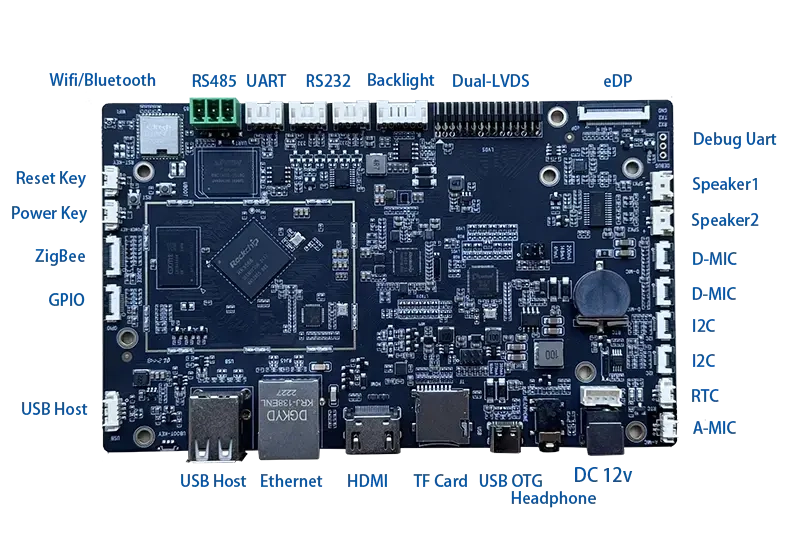
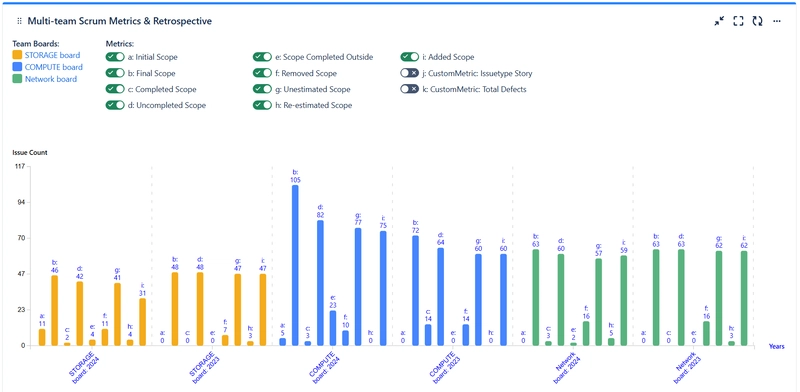
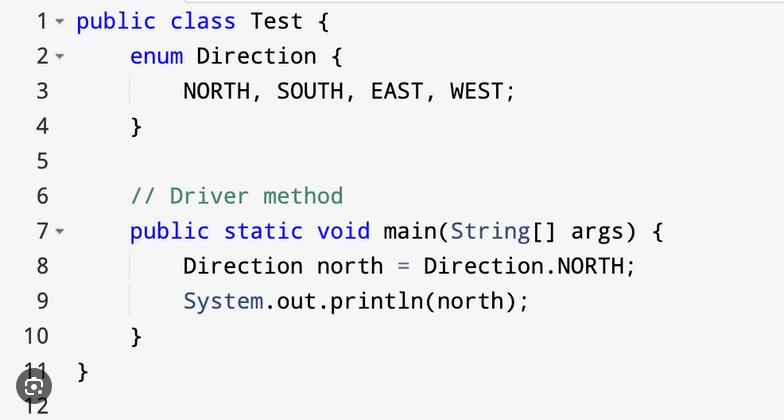
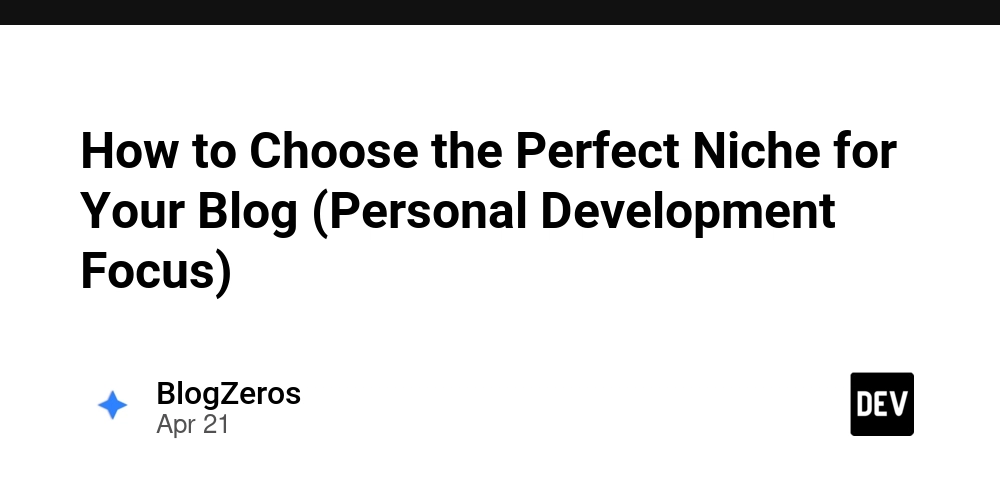









![[DEALS] The All-in-One Microsoft Office Pro 2019 for Windows: Lifetime License + Windows 11 Pro Bundle (89% off) & Other Deals Up To 98% Off](https://www.javacodegeeks.com/wp-content/uploads/2012/12/jcg-logo.jpg)































































































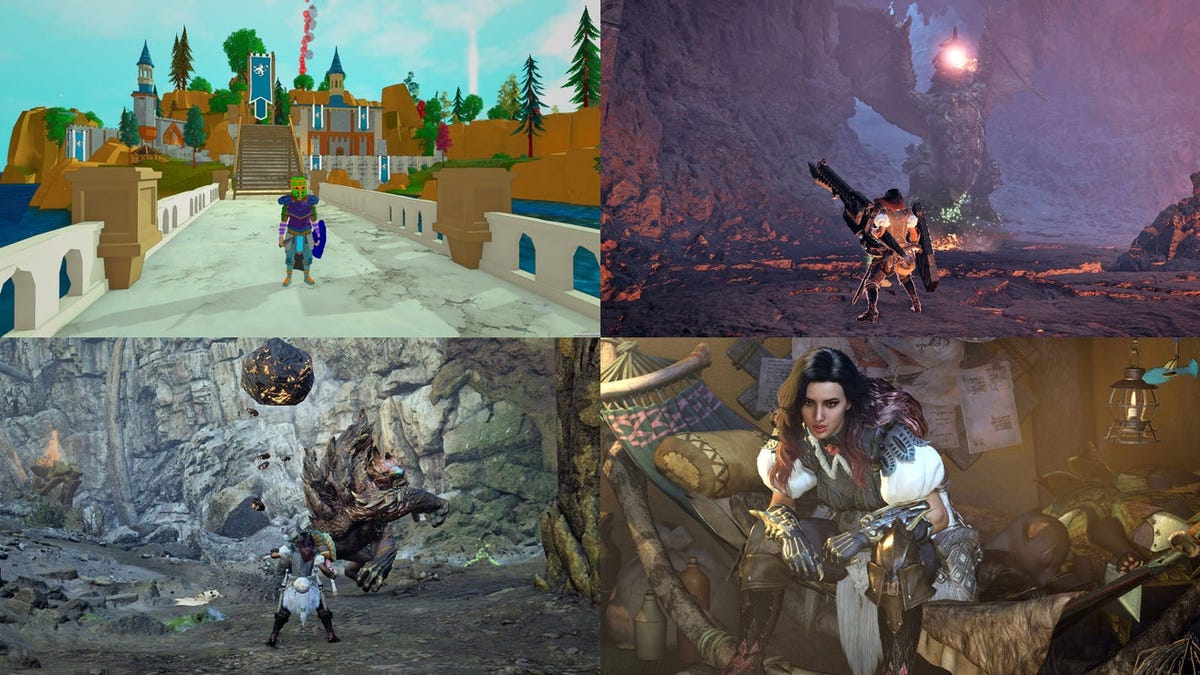

















































_Andreas_Prott_Alamy.jpg?width=1280&auto=webp&quality=80&disable=upscale#)










































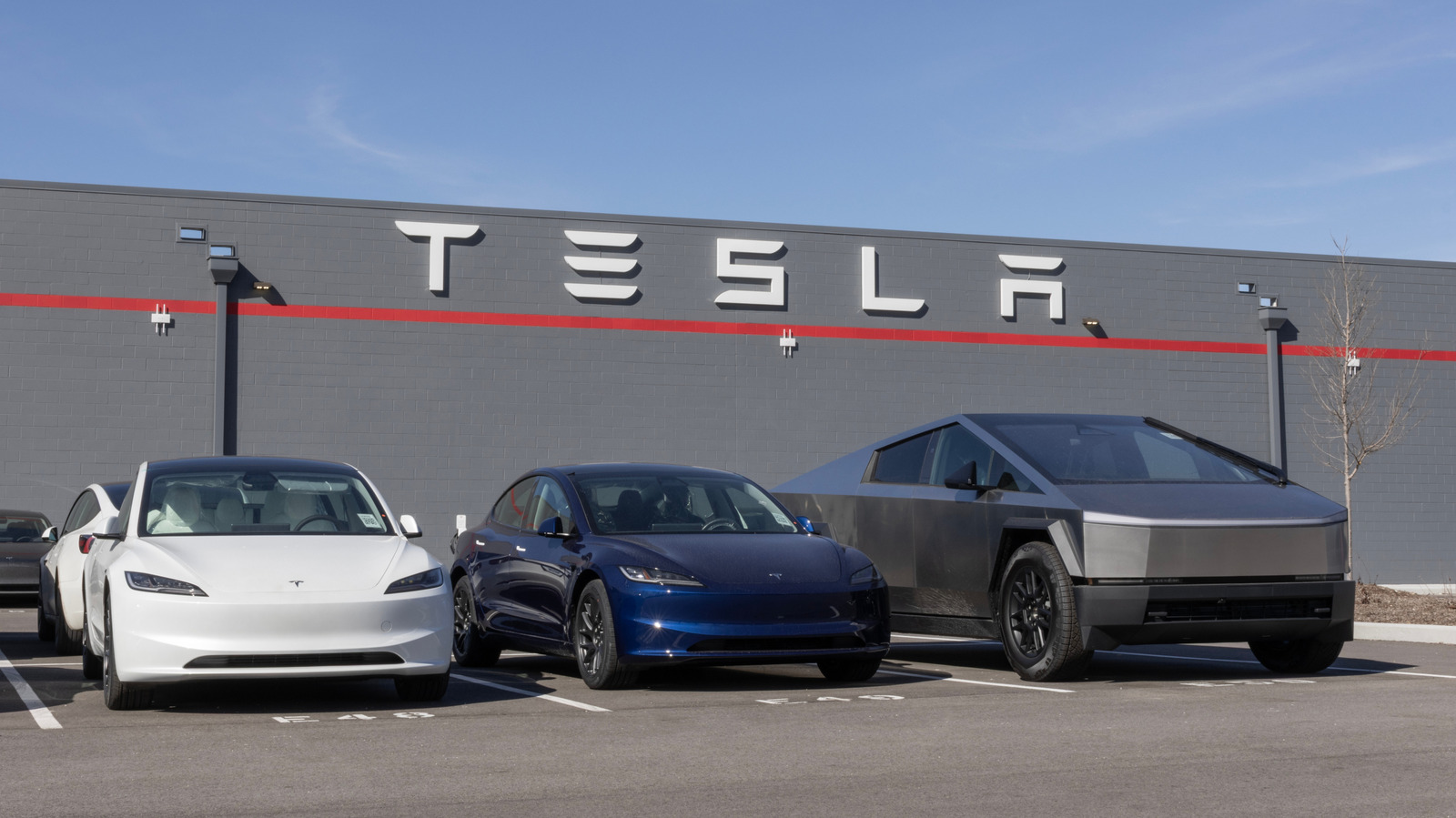













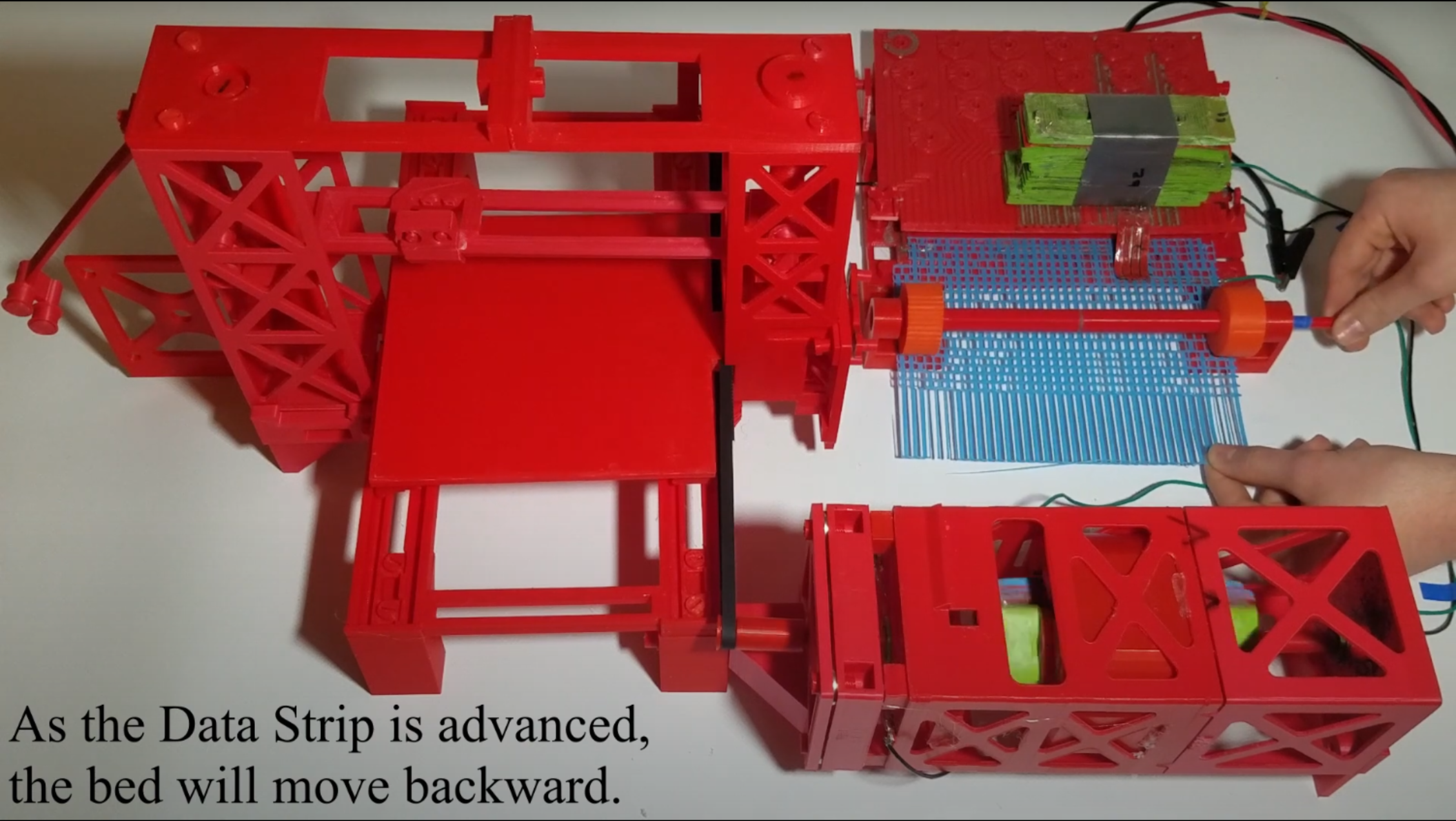


















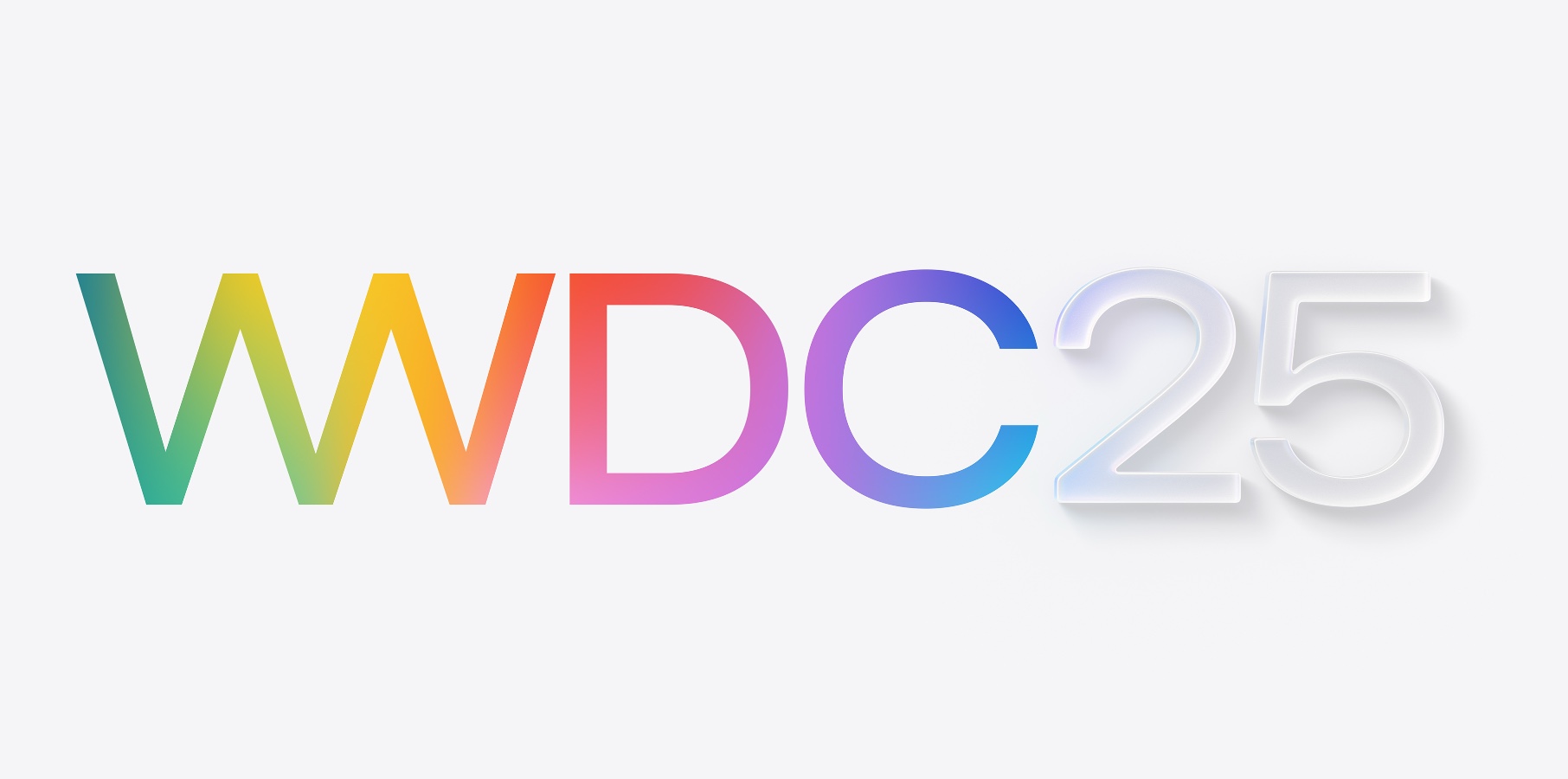




















![What features do you get with Gemini Advanced? [April 2025]](https://i0.wp.com/9to5google.com/wp-content/uploads/sites/4/2024/02/gemini-advanced-cover.jpg?resize=1200%2C628&quality=82&strip=all&ssl=1)












![Apple Shares Official Trailer for 'Long Way Home' Starring Ewan McGregor and Charley Boorman [Video]](https://www.iclarified.com/images/news/97069/97069/97069-640.jpg)
![Apple Watch Series 10 Back On Sale for $299! [Lowest Price Ever]](https://www.iclarified.com/images/news/96657/96657/96657-640.jpg)
![EU Postpones Apple App Store Fines Amid Tariff Negotiations [Report]](https://www.iclarified.com/images/news/97068/97068/97068-640.jpg)







































































